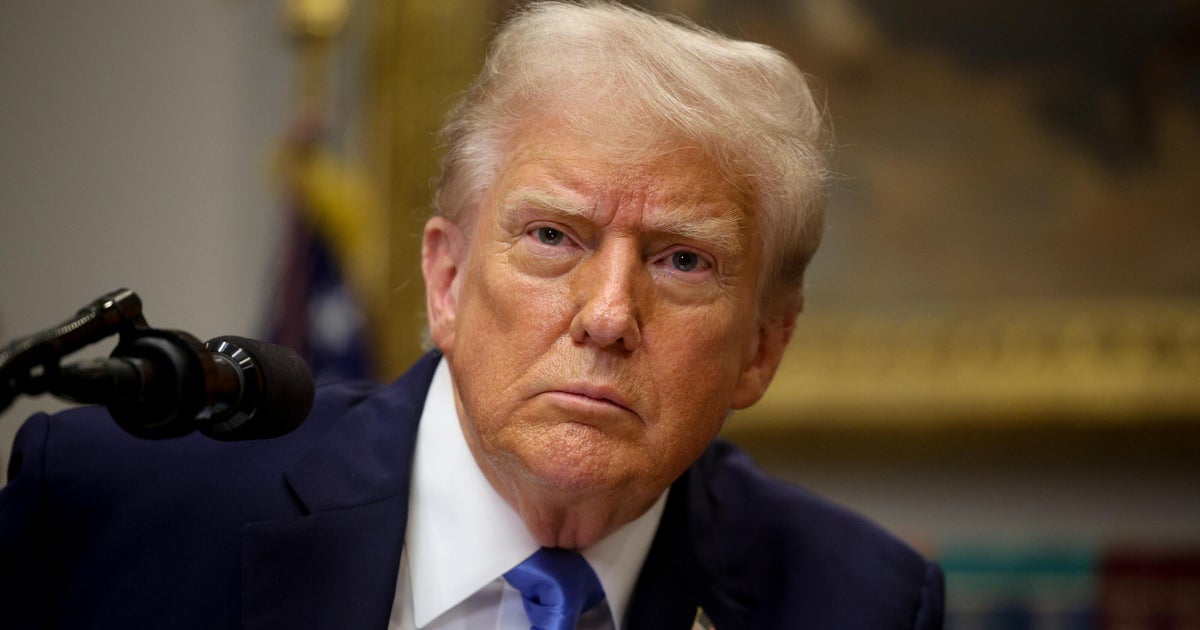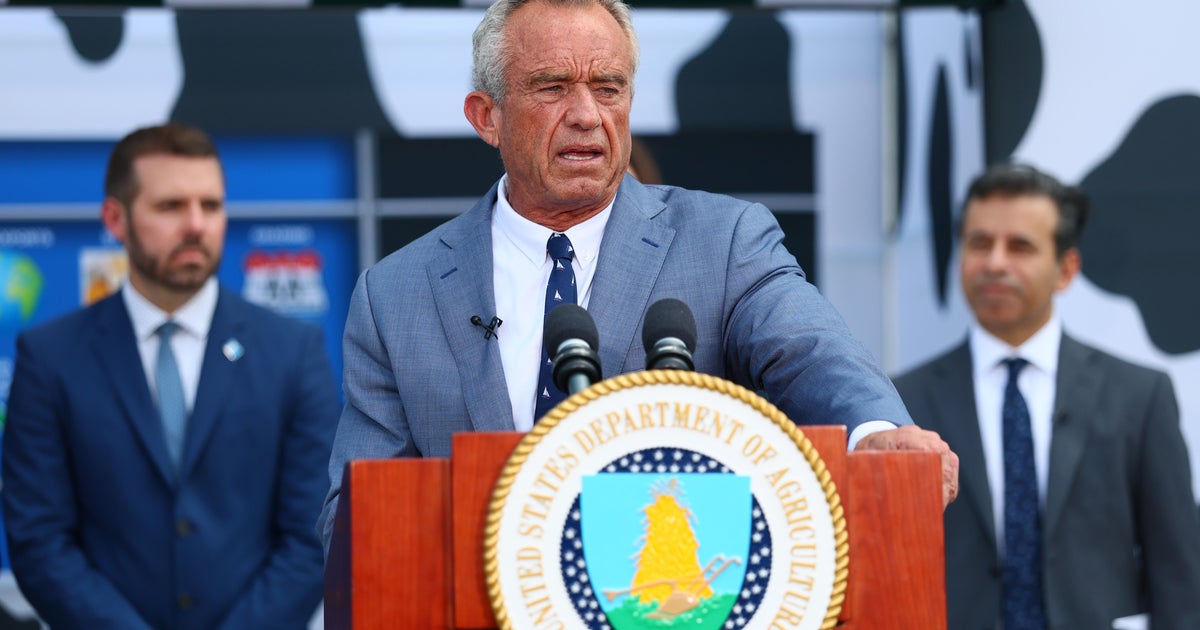
In a move that raises alarm bells across the federal workforce, the White House’s Office of Management and Budget (OMB) issued a memo Wednesday night instructing federal agencies to prepare for possible layoffs should a government shutdown occur. This directive comes as Congress faces a critical deadline on Tuesday to pass a government funding bill, heightening the stakes for negotiations.
The memo, which was first reported by Politico, outlines the necessity for agencies to consider reduction-in-force (RIF) notices, a formal term for layoffs, specifically targeting employees involved in programs with discretionary funding set to expire on October 1. Additionally, the memo indicates that employees in programs deemed “not consistent with the President’s priorities” should also anticipate such notices.
In addition to the potential layoffs, the memo highlights that furlough notices could also be issued, which would require federal employees to stay home from work without pay in the event of a shutdown. The memo states, “Programs that did not benefit from an infusion of mandatory appropriations will bear the brunt of a shutdown, and we must continue our planning efforts in the event Democrats decide to shut down the government.”
However, it is important to note that several key programs are expected to remain operational, even in the event of a shutdown. OMB officials confirmed that essential services such as Social Security, Medicare, veterans’ benefits, military operations, law enforcement, and air traffic control will continue unaffected due to their statutory nature.
The memo concludes with an optimistic note from the OMB, expressing hope that Congress will avoid a shutdown and calling for a clean continuing resolution (CR) to ensure that discretionary spending does not lapse after September 30. “We remain hopeful that Democrats in Congress will not trigger a shutdown, and the steps outlined above will not be necessary,” it stated.
Historically, during past government shutdowns, the executive branch has often opted for temporary furloughs of non-essential staff while allowing critical personnel to continue working without pay. Typically, once the shutdown concludes, these workers are compensated for their lost wages. Permanent layoffs, however, are a rare and drastic measure.
Bobby Kogan, a former OMB official during the Biden administration, criticized the prospect of mass layoffs as “an action of enormous self-harm inflicted on the nation, needlessly ridding the country of talent and expertise.” He further condemned the memo’s implications, suggesting that it serves as a form of extortion in the funding negotiations. “It’s also extortive. ‘Give us what we want in a funding fight, or we’ll hurt the country,'” Kogan remarked.
Senate Minority Leader Chuck Schumer, a Democrat from New York, characterized the memo as an “attempt at intimidation.” He added, “Donald Trump has been firing federal workers since day one—not to govern, but to scare. This is nothing new and has nothing to do with funding the government,” predicting that any employees laid off would ultimately be rehired.
Similarly, House Minority Leader Hakeem Jeffries, also a New York Democrat, took to social media to express defiance against the threats of mass firings. “We will not be intimidated by your threat to engage in mass firings. Get lost,” he stated.
The current fiscal year concludes on Tuesday, September 30, and if Congress fails to pass a new funding package, the government will enter a shutdown on Wednesday. A short-term funding bill proposed by Republicans has already passed the House but has stalled in the Senate, falling short of the 60 votes necessary to advance. With a 53-seat majority, Republicans will need at least seven Democrats to bridge the divide and resolve the funding impasse. Meanwhile, Democrats are seeking several concessions, including a rollback of recent Medicaid cuts and an extension of health insurance tax credits, in exchange for their support.
In a further development, President Trump recently canceled a meeting with Democratic congressional leaders intended to negotiate a short-term funding patch, labeling their demands as “unserious and ridiculous.” He expressed his sentiments on Truth Social, declaring, “I have decided that no meeting with their Congressional Leaders could possibly be productive.”
As the deadline approaches, the looming threat of a government shutdown and the potential for mass layoffs casts a shadow over federal workers, many of whom are already grappling with uncertainty about their future. The outcome of ongoing negotiations will be critical in determining not only the fate of government operations but also the livelihoods of countless employees who serve the American public.


